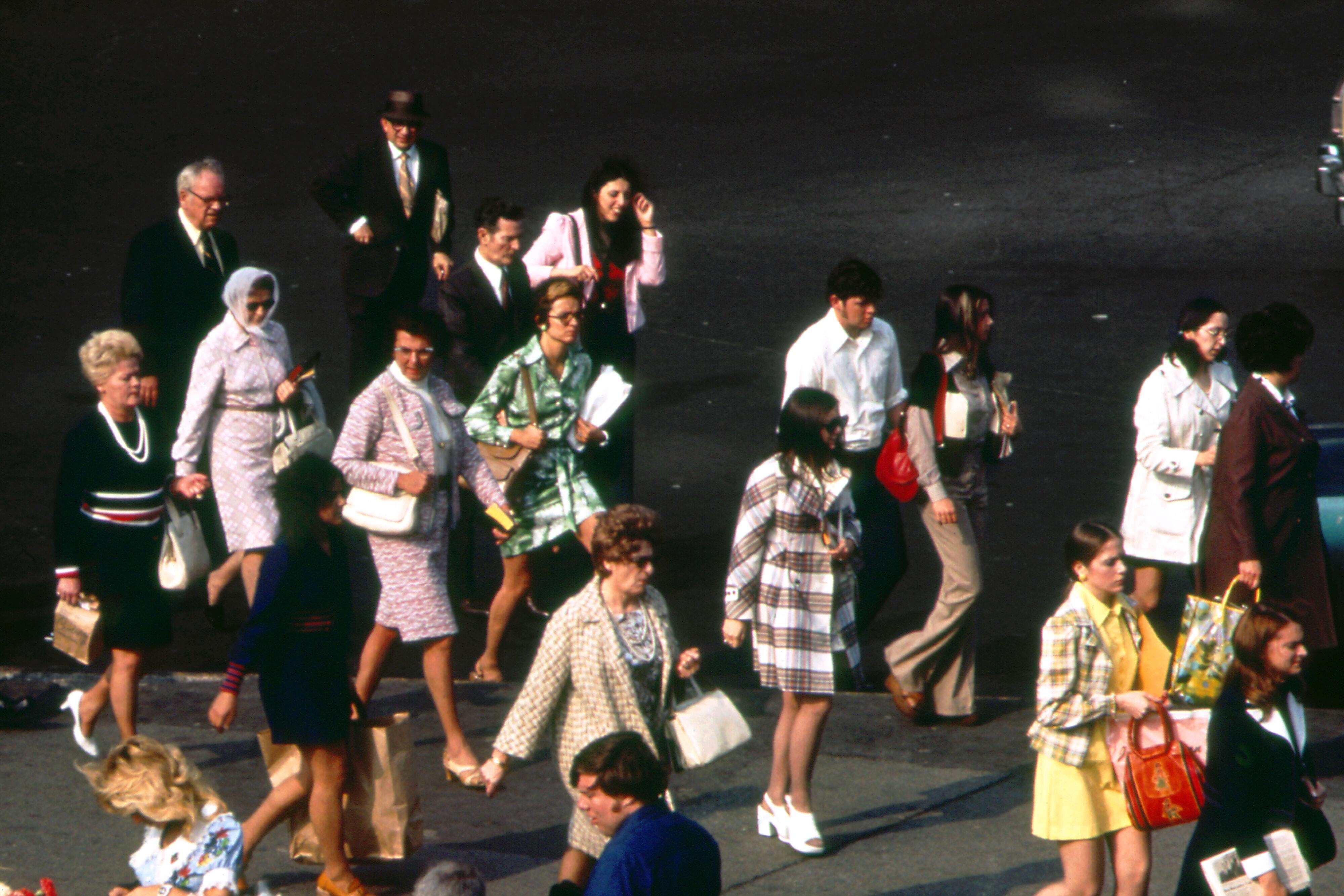The United States is probably not in a recession yet. Yes, GDP has experienced negative growth for two consecutive quarters, the housing market is a mess, and inflation is eating away at real wages. Despite all that, the economy is getting on remarkably well: the labor market is strong and consumer spending remains steady.
Yet, the threat of an upcoming recession continues to loom large. The Federal Reserve projects slower growth and rising unemployment in the coming years. The projected unemployment rate increase has the potential to trigger the Sahm rule in 2023, a surprisingly accurate recession indicator.
So, a recession could be upon us in the next year, but what would it look like? It’s unlikely the next recession will be characterized by the shocking and devastating loss of employment that occurred during the recession of 2020, nor the long and painful decrease in jobs during the 2008 recession.
Learning from the Past
The labor market has been incredibly tight for the past two years – but this week’s job openings data show that things are finally cooling. Meanwhile, fairly robust gains are expected from tomorrow’s jobs report. There’s room for employment to stay relatively even while the labor market cools.
One recession that could be similar to any potentially upcoming recession would be one that began in 1973. An energy crisis that occurred in late 1973 spurred record-high inflation. To counteract that disruption, the Federal Reserve dramatically raised interest rates.
Unfortunately, the tightening monetary policy led to unemployment of over 8% by the end of the recession in 1975. However, levels of employment were steady; demand for labor in the service industry offset the loss in goods-producing industries.
Fast forward five decades and the U.S. is facing similar challenges: inflation rising rapidly due to an energy crisis. Having learned from past mistakes – including the ones made during the recession of 1973 – the Fed is more informed in their quest to curb inflation.
A combination of better-informed monetary policy and high labor demand may be enough to carry the labor market through a recession without a devastating decrease in employment.







